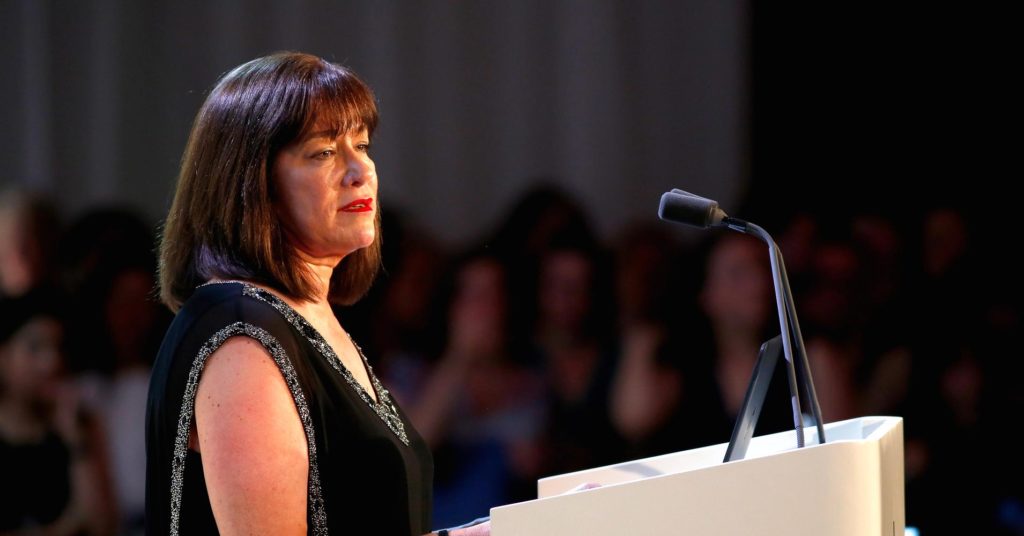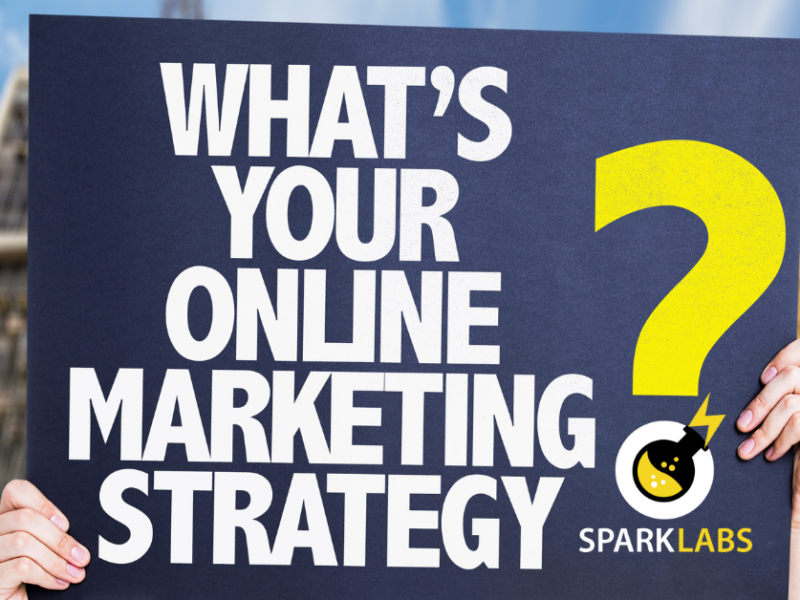
Five must-knows if you want to become a chief marketing officer, by Diageo, Johnson & Johnson and HP
Five must-knows if you want to become a chief marketing officer, by Diageo, Johnson & Johnson and HP https://csuiteold.c-suitenetwork.com/wp-content/uploads/2017/06/five-must-knows-if-you-want-to-become-a-chief-marketing-officer-by-diageo-johnson-johnson-and-hp-1024x536.jpg 1024 536 C-Suite Network https://csuiteold.c-suitenetwork.com/wp-content/uploads/2017/06/five-must-knows-if-you-want-to-become-a-chief-marketing-officer-by-diageo-johnson-johnson-and-hp-1024x536.jpgFar from being the “coloring in department,” responsible for making people want to buy products, marketing now has a broader remit than ever.
And as industries are ever more disrupted by start-ups that think differently, brands and their guardians – the chief marketing officers (CMOs) – have an ever-harder task of keeping up with trends and working out what consumers want from them. Here are five things to know about what the job involves now for aspiring CMOs.
Most CMOs find their role is much broader than just advertising and branding. If someone makes a complaint via social media for example, it’s not just the PR team that has to think about responding, it’s a broader communications issue.
“There is the convergence between the corporate communications world and marketing, because everything converges in social media and you need an integrated strategy. There is more data than ever before, there’s the complexity of the media environment,” said Antonio Lucio, HP‘s chief marketing and communication officer, speaking on a panel hosted by The Economist at the Cannes Lions advertising festival Wednesday.
“The CMO needs to be a business person and a marketer second. If you don’t have a seat at the business table, you really don’t matter. (You must) demonstrate that your efforts are not only building the brand but are building the business,” he added.
Syl Saller, the chief marketing and innovation officer at drinks company Diageo, said the company thinks strategically about how it might be disrupted. “We have a specific strategy to think about, how are we going to disrupt ourselves, we partner with people like (venture capital firms) Prehype and Science, specifically starting from (the question) who is going to disrupt us? If it’s going to be somebody, how about it’s us. And we have some sort of control over that. Because it’s going to happen, you can’t stop it or…






